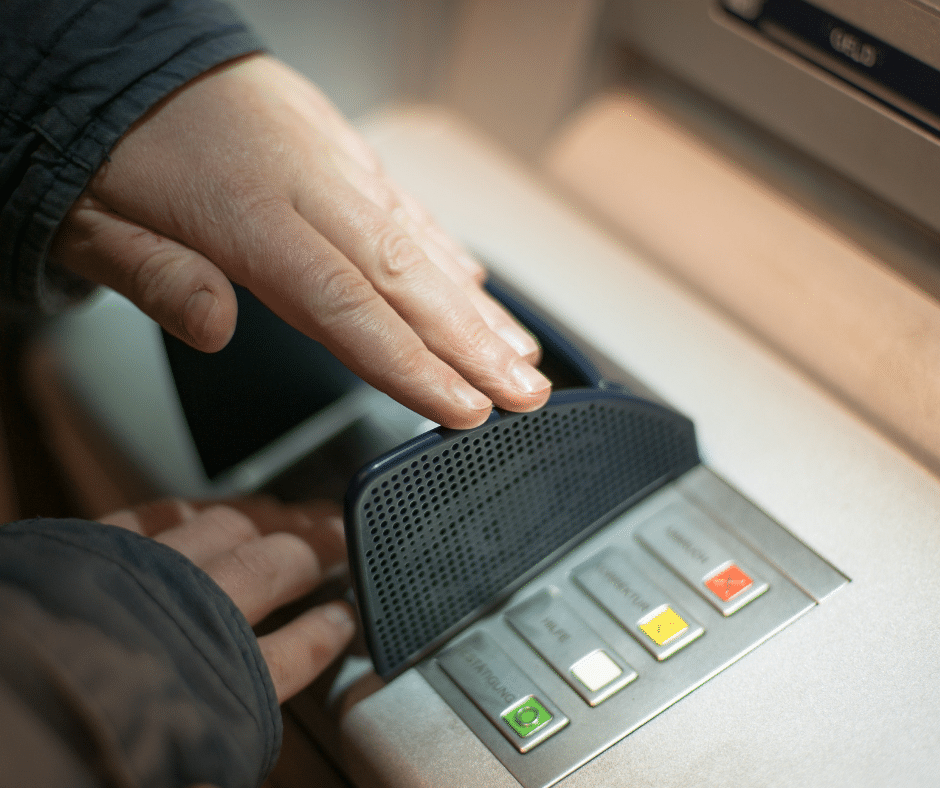By Jamie Wagner, Ph.D.
Protecting Your Identity
In today’s world of data breaches, compromised passwords and credit card fraud we’ve become accustomed to the idea of identity theft and identity fraud. It’s become so status quo that those two phrases are interchanged frequently and used as synonyms for each other. In the financial world; however, these two have some distinct differences.
What is Identity Theft?
Identity theft happens when thieves steal your information. They then use this information to open new accounts, make large (or small) purchases or other criminal activities all while using your name and information.
Some common ways for someone to steal your identity:
- Stolen/lost credit card – have you misplaced your credit card?
- Taking someone’s mail – if you have thrown away one of the pre-approved credit card letters, someone could use that to take your identity
- Internet malware – sometimes clicking around on the internet can be dangerous for our identities
- Email fraud – have you received an email from a Nigerian prince who’s come into millions of dollars or an email stating that your credit card company magically lost all of your information so you need to click on some link to make sure everything is up to date?
- Medical identity theft – your name, insurance and other information might be used to get medical care for someone else
- Skimming – using technical devices to store your credit card information
- Data breaches – you’ve heard that Equifax had a data breach in 2017, right?
Thieves seem to be one step ahead in the latest ways to get your information.
What is Identity Fraud?
Identity fraud Is the act of someone actually using your identity in a fraudulent way or to deceive a third party. This fraud is the use of your stolen information.
Common types of identity theft include:
- Social Security
- Financial
- Medical
- Insurance
- Tax
- New Account
- Child
Protect Yourself From Identity Theft and Fraud
Both identity theft and fraud can cause lasting problems for you and can mean prison sentences for someone found guilty of either. Protect yourself from these scams by following these tips:
- Check your credit often
- Shred mail that might have sensitive information
- Keep track of your credit cards
- Be diligent with emails and links – if you don’t know the sender think twice before clicking
- Change your passwords often and use difficult passwords that only make sense to you
- Double check what you are posting on social media – sharing information about yourself including your first car, favorite movie, etc. are often website security questions too



